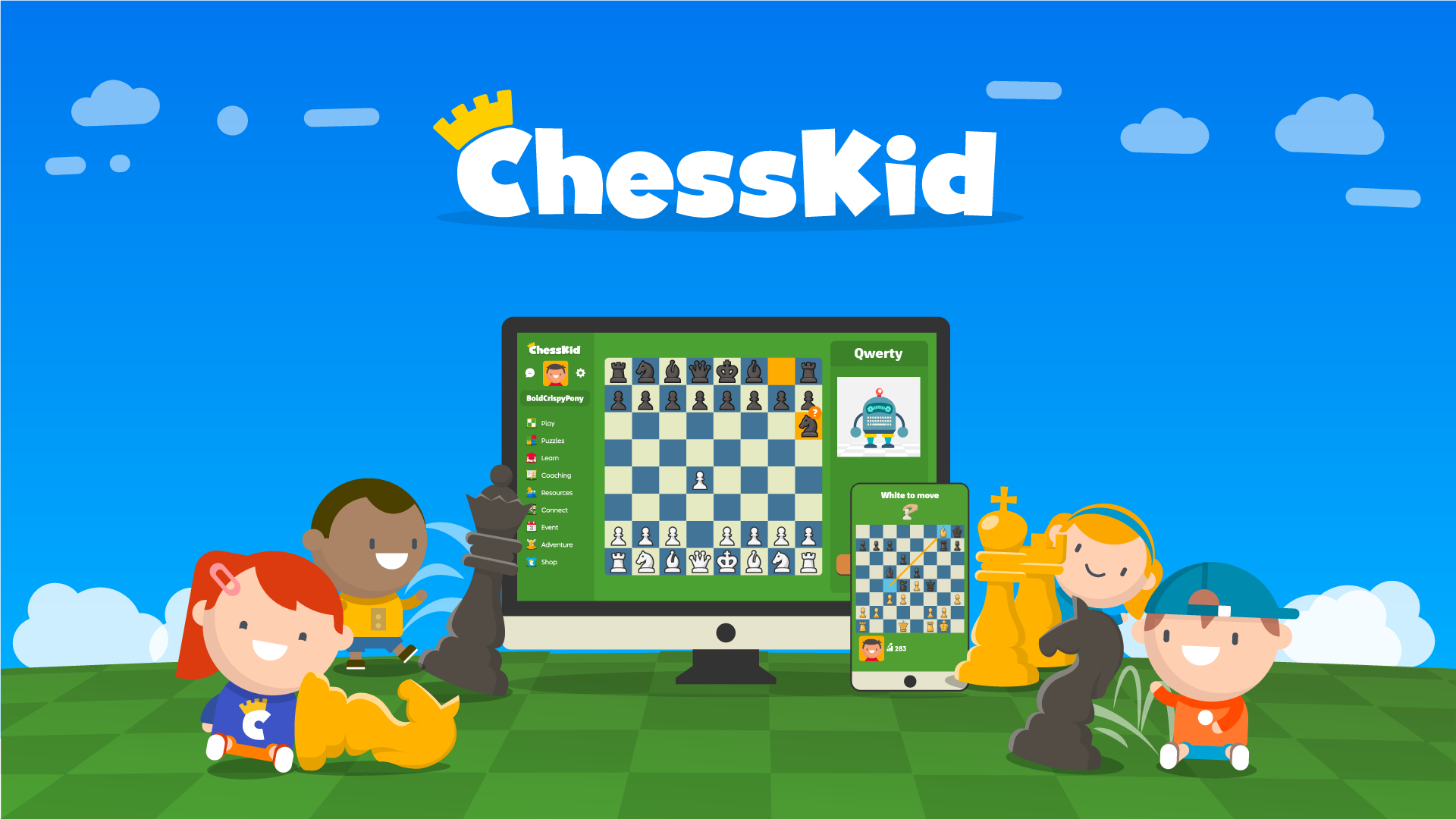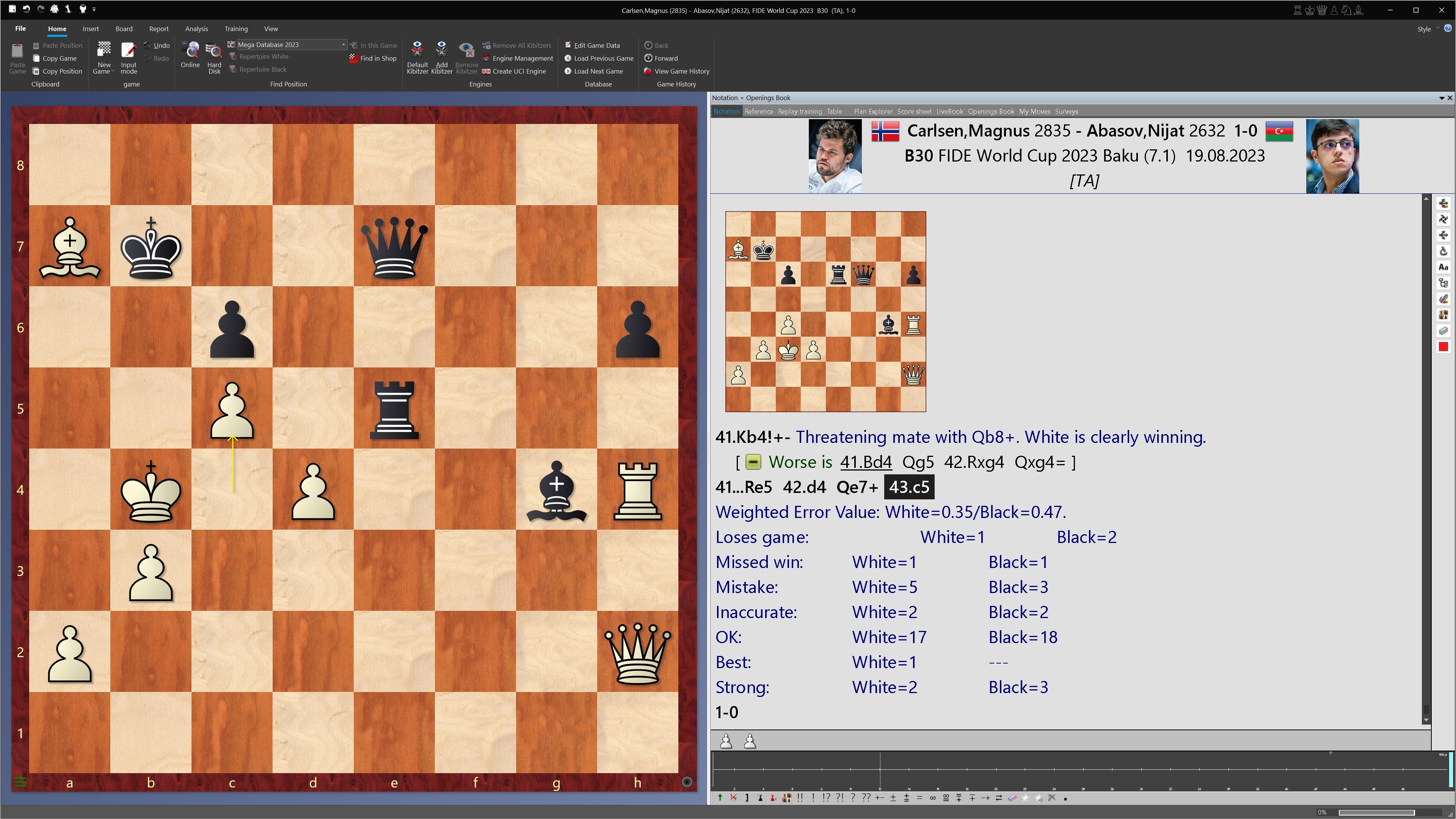Analysis Of Chess: Unveiling The Strategic Depth Of The Royal Game
Chess is more than just a game; it's a battle of minds, a test of strategy, and a timeless pursuit of intellectual dominance. If you've ever wondered why chess is so revered across the globe, you're about to dive into its intricate world. Whether you're a beginner or a seasoned player, understanding the analysis of chess can elevate your gameplay to new heights. Let's break it down, piece by piece, and uncover the secrets behind this ancient yet ever-evolving game.
When you hear the word "chess," what comes to mind? Is it the quiet tension of two opponents locked in a mental duel? Or is it the endless possibilities that unfold with each move? Chess analysis plays a crucial role in improving your game, and it's not just about memorizing moves. It's about understanding the logic, patterns, and strategies that make chess a truly fascinating experience.
This article will take you on a journey through the analysis of chess, exploring its history, mechanics, and the psychological aspects that make it such a compelling activity. By the end, you'll have a deeper appreciation for the game and the tools to improve your skills. So, let's get started!
- Mission To Mars Humanitys Leap Into The Red Planet
- Does Miranda Get Married A Deep Dive Into Love Relationships And Everything In Between
Table of Contents
- The Fascinating History of Chess
- Basic Rules and Pieces
- Why Chess Analysis Matters
- Types of Chess Analysis
- Analyzing Opening Moves
- Midgame Strategy and Tactics
- Endgame Techniques
- The Psychology of Chess
- Tools for Chess Analysis
- Conclusion and Next Steps
The Fascinating History of Chess
Chess has been around for over a thousand years, originating in India during the 6th century. It evolved from a game called "chaturanga," which was a representation of ancient Indian military strategy. Over time, it spread to Persia, Europe, and eventually the world. The modern version of chess, as we know it today, took shape in the 15th century.
Throughout history, chess has been more than just a game. It has been a symbol of intelligence, power, and diplomacy. Kings and queens have played it, and it has even influenced military tactics. Today, chess is played by millions of people worldwide, from casual players to grandmasters.
Evolution of Chess Rules
As chess traveled across continents, its rules evolved. For instance, the queen, which was originally a weak piece, became the most powerful one. The pawn's ability to move two squares on its first move and the en passant rule were introduced to make the game more dynamic.
- Psychic Television Shows A Mindblowing Journey Into The Supernatural
- Skip The Games Shut Down The Ultimate Guide To Taking Control Of Your Digital Life
These changes reflect the game's adaptability and its ability to evolve with the times. Understanding the history of chess provides context for why certain rules exist and how they contribute to the game's strategic depth.
Basic Rules and Pieces
Before diving into the analysis of chess, let's quickly review the basic rules and pieces. Chess is played on an 8x8 board, with each player starting with 16 pieces: one king, one queen, two rooks, two knights, two bishops, and eight pawns. The objective is to checkmate your opponent's king.
- King: Moves one square in any direction.
- Queen: The most powerful piece, moving any number of squares in any direction.
- Rook: Moves any number of squares horizontally or vertically.
- Bishop: Moves diagonally across the board.
- Knight: Moves in an L-shape, jumping over other pieces.
- Pawn: Moves forward one square, captures diagonally, and can promote to another piece upon reaching the opposite side.
Special Moves
Chess also features special moves like castling, en passant, and pawn promotion. Castling allows the king to move closer to safety, while en passant is a unique pawn capture rule. Pawn promotion gives players the chance to turn a pawn into a more powerful piece, usually a queen.
Knowing these rules is essential for effective chess analysis. Each move has consequences, and understanding the basics helps you make informed decisions during gameplay.
Why Chess Analysis Matters
Chess analysis is the process of reviewing games to identify strengths, weaknesses, and opportunities for improvement. It's not just about winning or losing; it's about understanding why certain moves work and others don't. By analyzing your games, you can learn from your mistakes and refine your strategies.
Analysis also helps you understand your opponent's thought process. By studying their moves, you can anticipate their plans and counter them effectively. Whether you're playing against a friend or a grandmaster, analysis is a crucial tool for improvement.
Benefits of Chess Analysis
Here are some key benefits of analyzing chess games:
- Improves decision-making skills.
- Enhances pattern recognition.
- Builds strategic thinking.
- Boosts memory and concentration.
- Increases overall chess knowledge.
By incorporating analysis into your routine, you'll notice significant improvements in your gameplay over time.
Types of Chess Analysis
There are several ways to analyze chess games, each offering unique insights. Let's explore some of the most common types:
1. Post-Mortem Analysis
This involves reviewing a game immediately after it ends. It's an excellent opportunity to discuss moves with your opponent and learn from their perspective. Post-mortem analysis helps you identify critical moments in the game and understand why certain decisions were made.
2. Computer Analysis
Modern chess engines, like Stockfish and Komodo, can analyze games with incredible accuracy. These programs evaluate positions, suggest improvements, and provide detailed statistics. While they're powerful tools, it's important to use them as aids rather than relying on them entirely.
3. Book Analysis
Studying chess books and publications is another effective way to analyze games. Many grandmasters have written extensively on their experiences and strategies. Books often provide deep insights into specific openings, tactics, and endgames.
Analyzing Opening Moves
The opening phase of a chess game sets the tone for everything that follows. It's where players establish control of the center, develop their pieces, and prepare for the middle game. Analyzing opening moves is crucial for understanding how to create a strong foundation.
Key Principles of Opening Moves
Here are some fundamental principles to keep in mind:
- Control the center of the board.
- Develop your pieces quickly and efficiently.
- Keep your king safe by castling early.
- Avoid moving the same piece multiple times in the opening.
By adhering to these principles, you'll create a solid structure for your pieces and set yourself up for success in the midgame.
Midgame Strategy and Tactics
The midgame is where the real battle begins. Players engage in tactical battles, exchange pieces, and try to gain a positional advantage. Analyzing midgame strategies involves understanding how to attack, defend, and maneuver effectively.
Tactical Patterns
Some common tactical patterns include forks, pins, skewers, and discovered attacks. Recognizing these patterns can help you exploit weaknesses in your opponent's position and create winning opportunities. Practice identifying these tactics in your games to improve your midgame skills.
Endgame Techniques
The endgame is the final phase of a chess game, where players have fewer pieces on the board. It requires precision and accuracy, as small mistakes can be costly. Analyzing endgame techniques involves understanding how to promote pawns, checkmate with limited material, and defend against superior forces.
Endgame Principles
Here are some key principles to focus on:
- Activate your king and use it as an attacking piece.
- Advance your pawns to create passed pawns.
- Control key squares and opposition.
- Exchange pieces to simplify the position when advantageous.
Mastering endgame techniques can make the difference between winning and losing, especially in closely contested games.
The Psychology of Chess
Chess is not just a game of logic; it's also a game of psychology. Understanding your opponent's mindset can give you a significant edge. Analyzing their playing style, preferences, and tendencies can help you anticipate their moves and plan your strategy accordingly.
Building Mental Resilience
Chess requires focus, patience, and resilience. It's normal to face setbacks, but how you respond to them determines your success. Developing a strong mental attitude and learning to stay calm under pressure are essential skills for any serious chess player.
Tools for Chess Analysis
There are many tools available to help you analyze chess games effectively. Here are a few worth considering:
Chess Engines
Chess engines like Stockfish, Komodo, and Houdini can analyze games with incredible accuracy. They provide detailed evaluations of positions, suggest improvements, and offer statistical data. While they're powerful tools, it's important to use them as aids rather than relying on them entirely.
Chess Databases
Chess databases, such as ChessBase and Lichess, allow you to access millions of games played by top players. You can search for specific openings, analyze master games, and study opening repertoire. These resources are invaluable for improving your chess knowledge.
Conclusion and Next Steps
Chess analysis is a vital component of improving your game. By understanding the history, rules, and strategies of chess, you can develop a deeper appreciation for its complexity and beauty. Whether you're analyzing your own games, studying grandmaster games, or using modern tools, the key is to remain curious and committed to learning.
So, what's next? Start by reviewing your recent games and identifying areas for improvement. Use the tools and resources mentioned in this article to deepen your understanding of chess. And most importantly, keep playing and enjoying the game!
Don't forget to share your thoughts and experiences in the comments below. Your feedback helps us create better content for you. Happy analyzing, and may your games always be filled with strategy and excitement!



Detail Author:
- Name : Richard Padberg
- Username : hkautzer
- Email : howe.morgan@hotmail.com
- Birthdate : 1983-04-19
- Address : 844 Emelie Field Suite 879 Lavinaview, FL 50842-4771
- Phone : 830.425.5616
- Company : Treutel Ltd
- Job : Electrical Power-Line Installer
- Bio : Dolores corporis odio voluptatum numquam vero. Labore excepturi rem est vel ut. Iste animi iusto ut ipsam ut. Numquam sed quo deleniti ducimus qui omnis ut.
Socials
linkedin:
- url : https://linkedin.com/in/clint_official
- username : clint_official
- bio : Sit ipsa nostrum ut ducimus.
- followers : 6019
- following : 1535
twitter:
- url : https://twitter.com/volkman2016
- username : volkman2016
- bio : Facere nihil omnis omnis qui ea a quia quae. Unde harum nulla repellat consequuntur. Architecto quo beatae eum vel.
- followers : 3474
- following : 1512